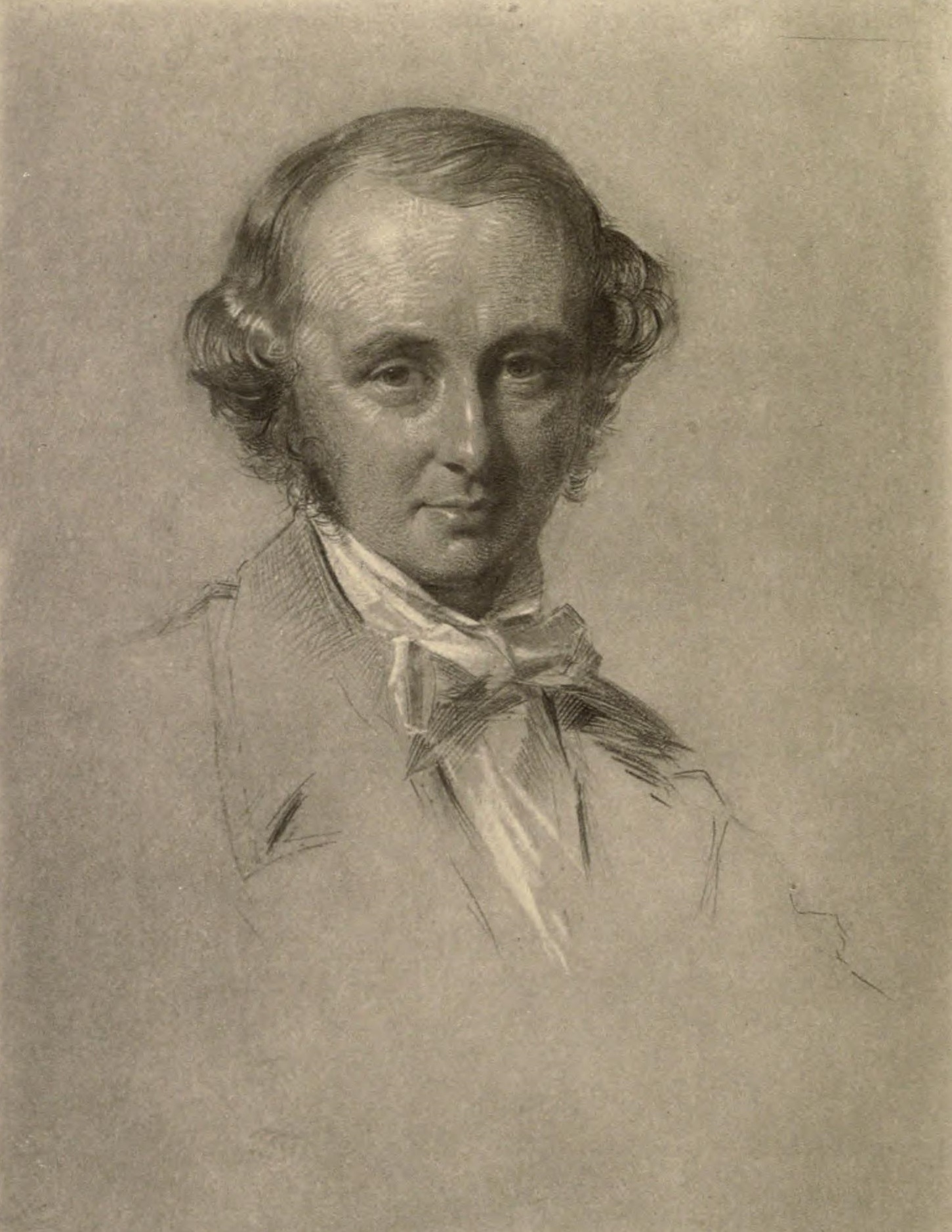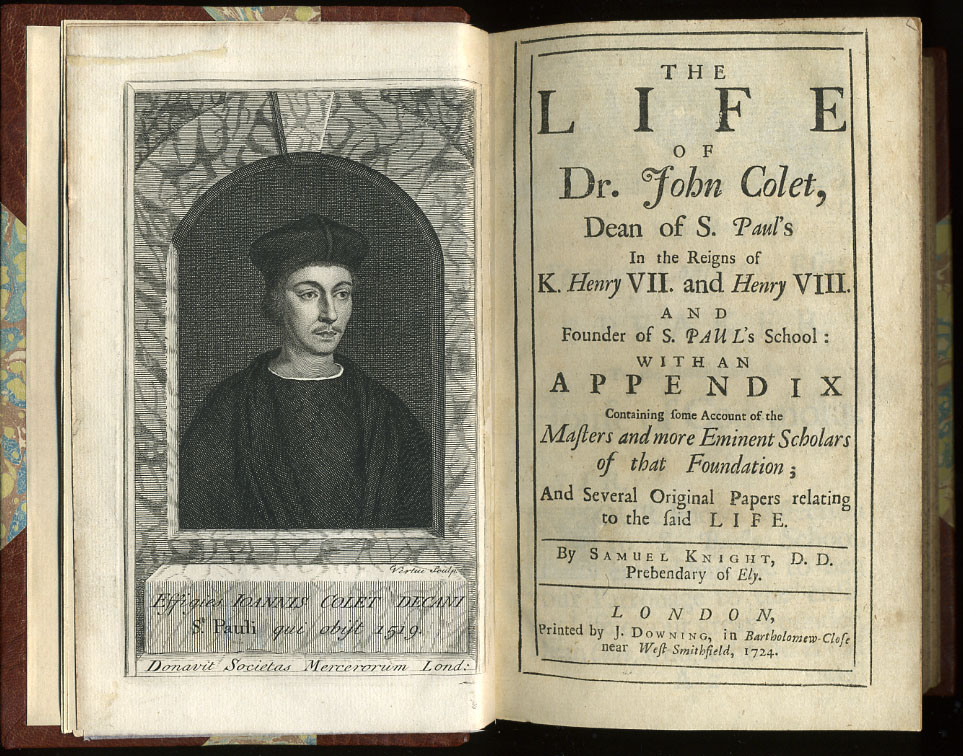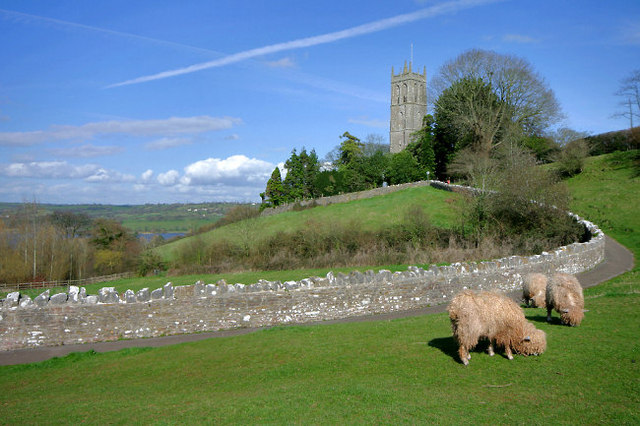|
Benjamin Jowett
Benjamin Jowett (, modern variant ; 15 April 1817 – 1 October 1893) was an English writer and classical scholar. Additionally, he was an administrative reformer in the University of Oxford, theologian, Anglican cleric, and translator of Plato and Thucydides. He was master of Balliol College, Oxford. Early life and education Jowett was born in Camberwell, London, the third of nine children. His father was a furrier originally from a Yorkshire family that, for three generations, had been supporters of the Evangelical movement in the Church of England, and an author of a metrical translation of the Old Testament Psalms. His mother, Isabella Langhorne (1790–1869), was related to John Langhorne, the poet and translator of Plutarch. At the age of 12, Jowett was placed on the foundation of St Paul's School (then located in St Paul's Churchyard) where he soon gained a reputation as a precocious classical scholar. At the age of 18, Jowett was awarded an open scholarship to Ball ... [...More Info...] [...Related Items...] OR: [Wikipedia] [Google] [Baidu] |
The Reverend
The Reverend (abbreviated as The Revd, The Rev'd or The Rev) is an honorific style (form of address), style given to certain (primarily Western Christian, Western) Christian clergy and Christian minister, ministers. There are sometimes differences in the way the style is used in different countries and church traditions. ''The Reverend'' is correctly called a ''style'', but is sometimes referred to as a title, form of address, or title of respect. Etymology The term is an anglicisation of the Latin , the style originally used in Latin documents in medieval Europe. It is the gerundive or future passive participle of the verb ("to respect; to revere"), meaning "[one who is] to be revered/must be respected". ''The Reverend'' is therefore equivalent to ''the Honourable'' or ''the Venerable''. Originating as a general term of respectful address in the 15th century, it became particularly associated with clergy by the 17th century, with variations associated with certain ranks in th ... [...More Info...] [...Related Items...] OR: [Wikipedia] [Google] [Baidu] |
Victoria County History
The Victoria History of the Counties of England, commonly known as the Victoria County History (VCH), is an English history project which began in 1899 with the aim of creating an encyclopaedic history of each of the historic counties of England, and was dedicated to Queen Victoria. In 2012 the project was rededicated to Queen Elizabeth II in celebration of her Diamond Jubilee year. Since 1933 the project has been coordinated by the Institute of Historical Research in the University of London. History The history of the VCH falls into three main phases, defined by different funding regimes: an early phase, 1899–1914, when the project was conceived as a commercial enterprise, and progress was rapid; a second more desultory phase, 1914–1947, when relatively little progress was made; and the third phase beginning in 1947, when, under the auspices of the Institute of Historical Research, a high academic standard was set, and progress has been slow but reasonably steady. These ... [...More Info...] [...Related Items...] OR: [Wikipedia] [Google] [Baidu] |
Matthew Arnold
Matthew Arnold (24 December 1822 – 15 April 1888) was an English poet and cultural critic. He was the son of Thomas Arnold, the headmaster of Rugby School, and brother to both Tom Arnold (academic), Tom Arnold, literary professor, and William Delafield Arnold, novelist and colonial administrator. He has been characterised as a sage writing, sage writer, a type of writer who chastises and instructs the reader on contemporary social issues. He was also an inspector of schools for thirty-five years, and supported the concept of state-regulated secondary education. Early years He was the eldest son of Thomas Arnold and his wife Mary Penrose Arnold, born on 24 December 1822 at Laleham-on-Thames, Middlesex. John Keble stood as godfather to Matthew. In 1828, Thomas Arnold was appointed Headmaster of Rugby School, where the family took up residence, that year. From 1831, Arnold was tutored by his clerical uncle, John Buckland, in Laleham. In 1834, the Arnolds occupied a holiday ho ... [...More Info...] [...Related Items...] OR: [Wikipedia] [Google] [Baidu] |
High Church
A ''high church'' is a Christian Church whose beliefs and practices of Christian ecclesiology, Christian liturgy, liturgy, and Christian theology, theology emphasize "ritual, priestly authority, [and] sacraments," and a standard liturgy. Although used in connection with various Christian denominations, Christian traditions such as High Church Lutheranism, ''high church'' Lutheranism, the English term ''high church'' originated in the Anglican tradition, where it described a churchmanship in which a number of Ritualism, ritual practices associated in the popular mind with Roman Catholicism were used, or as a description of such practices in the Catholic Church and elsewhere. The opposite tradition is ''low church''. Contemporary media discussing Anglican churches often prefer the terms Evangelical Anglicanism, evangelical to ''low church'' and Anglo-Catholic to ''high church'', even though their meanings do not exactly correspond. Other Christian denominations that contain ''high ch ... [...More Info...] [...Related Items...] OR: [Wikipedia] [Google] [Baidu] |
William George Ward
William George Ward (21 March 1812 – 6 July 1882) was an English theologian and mathematician. A Roman Catholic convert, his career illustrates the development of religious opinion at a time of crisis in the history of English religious thought. Life He was the son of William Ward and Emily Combe. He was educated at Winchester College and went up to Christ Church, Oxford, in 1830, but his father's financial difficulties forced him in 1833 to try for a scholarship at Lincoln College, which he succeeded in obtaining. Ward had a gift for pure mathematics but for history, applied mathematics or anything outside the exact sciences, he felt contempt. He was endowed with a strong sense of humour and a love of paradox carried to an extreme. His examination for mathematical honours exhibited some of the peculiarities of his character and mental powers. Four out of his five papers on applied mathematics were sent up absolutely blank. Honours, however, were not refused him, and in 18 ... [...More Info...] [...Related Items...] OR: [Wikipedia] [Google] [Baidu] |
Tractarian
The Oxford Movement was a theological movement of high-church members of the Church of England which began in the 1830s and eventually developed into Anglo-Catholicism. The movement, whose original devotees were mostly associated with the University of Oxford, argued for the reinstatement of some older Christian traditions of faith and their inclusion into Anglican liturgy and theology. They thought of Anglicanism as one of three branches of the " one, holy, catholic, and apostolic" Christian Church. Many key participants subsequently converted to Roman Catholicism. Tractarianism, the movement's philosophy, was named after a series of publications, the '' Tracts for the Times'', written to promote the movement. Tractarians were often disparagingly referred to as "Newmanites" (before 1845) and "Puseyites", after two prominent Tractarians, John Henry Newman and Edward Bouverie Pusey. Other well-known Tractarians included John Keble, Charles Marriott, Richard Froude, Rober ... [...More Info...] [...Related Items...] OR: [Wikipedia] [Google] [Baidu] |
Scholarship
A scholarship is a form of Student financial aid, financial aid awarded to students for further education. Generally, scholarships are awarded based on a set of criteria such as academic merit, Multiculturalism, diversity and inclusion, athletic skill, and financial need, research experience or specific professional experience. Scholarship criteria usually reflect the values and goals of the donor of the award. While scholarship recipients are not required to repay scholarships, the awards may require that the recipient continue to meet certain requirements during their period of support, such as maintaining a minimum grade point average or engaging in a certain activity (e.g., playing on a school sports team for athletic scholarship holders). Scholarships also range in generosity; some cover partial Tuition payments, tuition, while others offer a 'full-ride', covering all tuition, accommodation, housing and others. Historically, scholarships originated as acts of religious ... [...More Info...] [...Related Items...] OR: [Wikipedia] [Google] [Baidu] |
St Paul's Cathedral
St Paul's Cathedral, formally the Cathedral Church of St Paul the Apostle, is an Anglican cathedral in London, England, the seat of the Bishop of London. The cathedral serves as the mother church of the Diocese of London in the Church of England. It is on Ludgate Hill at the highest point of the City of London. Its dedication in honour of Paul the Apostle dates back to the original church on this site, founded in AD 604. The high-domed present structure, which was completed in 1710, is a Listed Building, Grade I listed building that was designed in the English Baroque style by Sir Christopher Wren. The cathedral's reconstruction was part of a major rebuilding programme initiated in the aftermath of the Great Fire of London. The earlier Gothic cathedral (Old St Paul's Cathedral), largely destroyed in the Great Fire, was a central focus for medieval and early modern London, including Paul's walk and St Paul's Churchyard, being the site of St Paul's Cross. The cathedral is o ... [...More Info...] [...Related Items...] OR: [Wikipedia] [Google] [Baidu] |
St Paul's School (London)
St Paul's School is a Selective school, selective Private schools in the United Kingdom, independent day school (with limited boarding school, boarding) for boys aged 13–18, founded in 1509 by John Colet and located on a 43-acre site by River Thames, the Thames in London. St Paul's was one of nine English Public school (United Kingdom), public schools investigated by the Clarendon Commission, which subsequently became known as the Clarendon Commission, Clarendon schools. However, the school successfully argued that it was a private school and consequently was omitted from the Public Schools Act 1868, as was Merchant Taylors' School, Northwood, Merchant Taylors', the other day school within the scope of George Villiers, 4th Earl of Clarendon, Lord Clarendon's terms of reference. Since 1881, St Paul's has had its own Preparatory school (UK), preparatory school, St Paul's Juniors (formerly St Paul's Juniors, Colet Court), which since 1968 has been located on the same site. The ... [...More Info...] [...Related Items...] OR: [Wikipedia] [Google] [Baidu] |
Plutarch
Plutarch (; , ''Ploútarchos'', ; – 120s) was a Greek Middle Platonist philosopher, historian, biographer, essayist, and priest at the Temple of Apollo (Delphi), Temple of Apollo in Delphi. He is known primarily for his ''Parallel Lives'', a series of biographies of illustrious Greeks and Romans, and ''Moralia'', a collection of essays and speeches. Upon becoming a Roman citizen, he was possibly named Lucius Mestrius Plutarchus (). Family Plutarch was born to a prominent family in the small town of Chaeronea, about east of Delphi, in the Greek region of Boeotia. His family was long established in the town; his father was named Autobulus and his grandfather was named Lamprias. His brothers, Timon and Lamprias, are frequently mentioned in his essays and dialogues, which speak of Timon in particular in the most affectionate terms. Studies and life Plutarch studied mathematics and philosophy in Athens under Ammonius of Athens, Ammonius from AD 66 to 67. He attended th ... [...More Info...] [...Related Items...] OR: [Wikipedia] [Google] [Baidu] |
John Langhorne (poet)
John Langhorne was an English clergyman, poet, translator, editor and author. He was born in March 1735 in Winton, a village in the former Westmorland, now the Eden District of Cumbria: ::In Eden's vale where early fancy wrought ::Her wild embroidery on the ground of thought. He died on 1 April 1779, in Blagdon, Somerset. Life John Langhorne's father was also a clergyman and died when his son was four. His mother made sure he had a school education, first in Winton village and then in Appleby, but there were not sufficient funds to send him to university. From the age of 18, he supported himself by teaching at various places in Yorkshire and finally was appointed tutor to the nine sons of Robert Cracroft at Hackthorn Hall in Lincolnshire. Having taken deacon's orders, he left in 1761 and, after a curate's appointment in Dagenham, became curate and lecturer at St. John's, Clerkenwell in 1764, and was appointed assistant preacher at Lincoln's Inn at the end of the following year. ... [...More Info...] [...Related Items...] OR: [Wikipedia] [Google] [Baidu] |
Psalms
The Book of Psalms ( , ; ; ; ; , in Islam also called Zabur, ), also known as the Psalter, is the first book of the third section of the Tanakh (Hebrew Bible) called ('Writings'), and a book of the Old Testament. The book is an anthology of Biblical Hebrew, Hebrew religious hymns. In the Judaism, Jewish and Western Christianity, Western Christian traditions, there are 150 psalms, and several more in the Eastern Christianity, Eastern Christian churches. The book is divided into five sections, each ending with a doxology, a hymn of praise. There are several types of psalms, including hymns or songs of praise, communal and individual laments, royal psalms, Imprecatory Psalms, imprecation, and individual thanksgivings. The book also includes psalms of communal thanksgiving, wisdom, pilgrimage and other categories. Many of the psalms contain attributions to the name of David, King David and other Biblical figures including Asaph (biblical figure), Asaph, the Korahites, sons of Kora ... [...More Info...] [...Related Items...] OR: [Wikipedia] [Google] [Baidu] |








